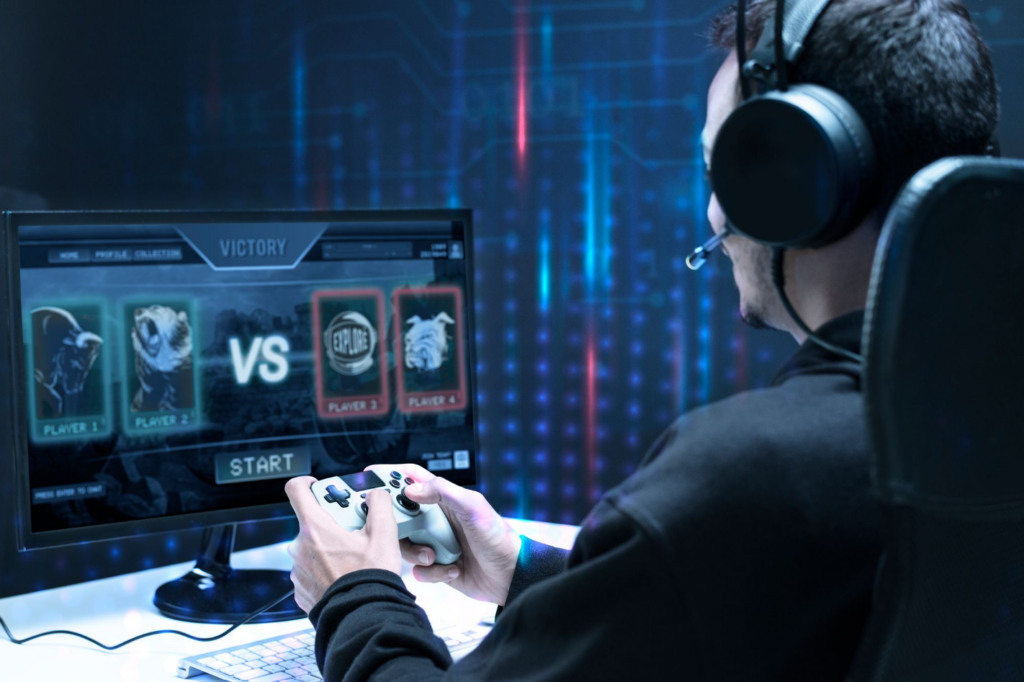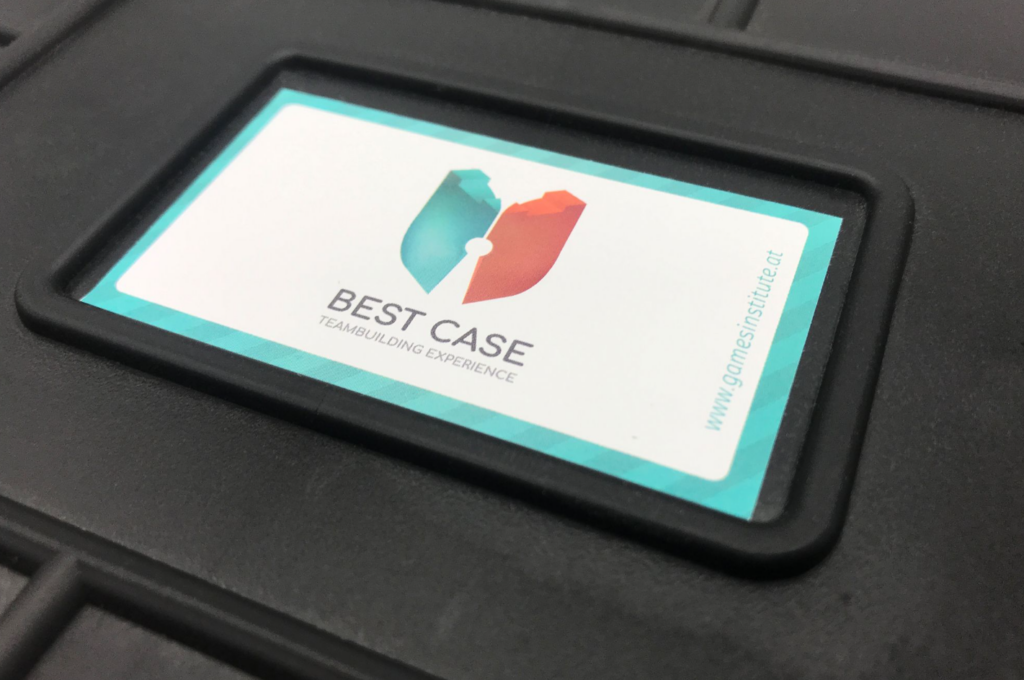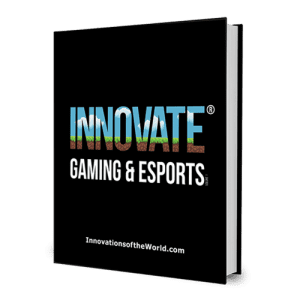GIA STORY
“What if learning felt like a game?” This initial question was actually the starting point for the Games Institute. When Thomas Kunze stumbled over the topic of Game Based Learning in 2010, it was a question that never really left his thoughts again. Learning, especially in a digital world, needed more interactivity, more differentiation and more playfulness. As every game is actually only a set of problems, it felt right to bring games to learning or to at least apply the successful learning principles of games in educational settings. Though the topic was controversial in the beginning, over the years more and more studies and data supported the effectiveness of this approach. And there were a number of actual use cases (in Human Resources and VET as well as in traditional education) and soon the first products and services were developed. From the use of Escape Room games to assessment with digital games and the application of the strengths and the potential of games and Esports culture, the Games Institute Austria developed a comprehensive portfolio and a worldwide network to bring the benefits of gaming to education and life-long learning in the digital age.

ACHIEVEMENTS
The Games Institute developed its own Escape Room case for education called Best Case and is constantly inventing new Escape Room games for schools and VET. Beyond that, the method of learning through playing and designing Escape Room puzzles applies well for a number of settings around learning, brand development and communication. In collaboration with the federal chancellery of Austria, we developed an assessment tool with digital games that assess skills in an action-oriented way. It has been further developed and is an exciting tool for job orientation and vocational education training in Austria and beyond.

Over the years, we developed an expertise in Esports education and created a network of specialists all over the world. We participate in international projects in Esports, gaming and digital education and partner with companies and agencies in this field all over Europe (e.g. the European Erasmus+ project Games in Basic Skills Teaching). In these projects, we are the innovation partner and bring in our expertise to help educators understand the potential and the use of games and also help to create manuals and blueprints for successful game based learning. Beyond that, we also help design educational games and are booked as experts for game based learning and Esports for talks and seminars.
VISION
Games are going to be the one medium to change education and lifelong learning in the 21st century and beyond fundamentally. They are the blueprints to show us how successful learning works and how to create a growth mindset in learners, to be open to new digital tools and games and tinker with them and thus create situated learning by doing and help develop the skills of a society of prosumers who actively take part in today’s digital world. We help people understand how they can benefit from games and what this culture offers to enrich more traditional processes of education, personal and professional development. We would like to bring games to every educational institution and every company and thus change the way we communicate and collaborate because there is a game for everyone and soon there is going to be a game about everything. And the Games Institute is the one partner to help you understand the potential and guide you along the way.
Thomas Kunze has been playing games all his life. With a faible for communication and a degree in linguistics and literature he started out to become a teacher. After having finished his studies he soon realized the potential of the world of gaming for personal development and life-long learning. “Games are the medium to revolutionize education in the digital age,” he says and following this conviction he started the Games Institute Austria in 2015. Since then, the company’s portfolio has grown considerably, including game design, game based learning, Esports education, consulting, international project collaboration and the like.













